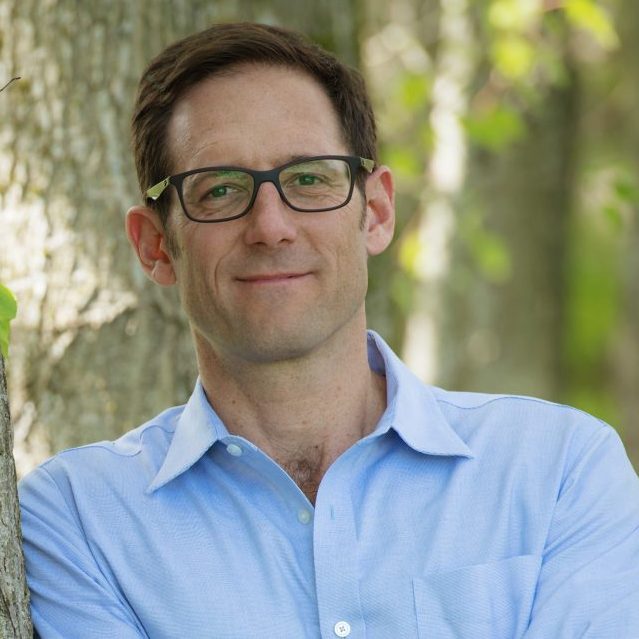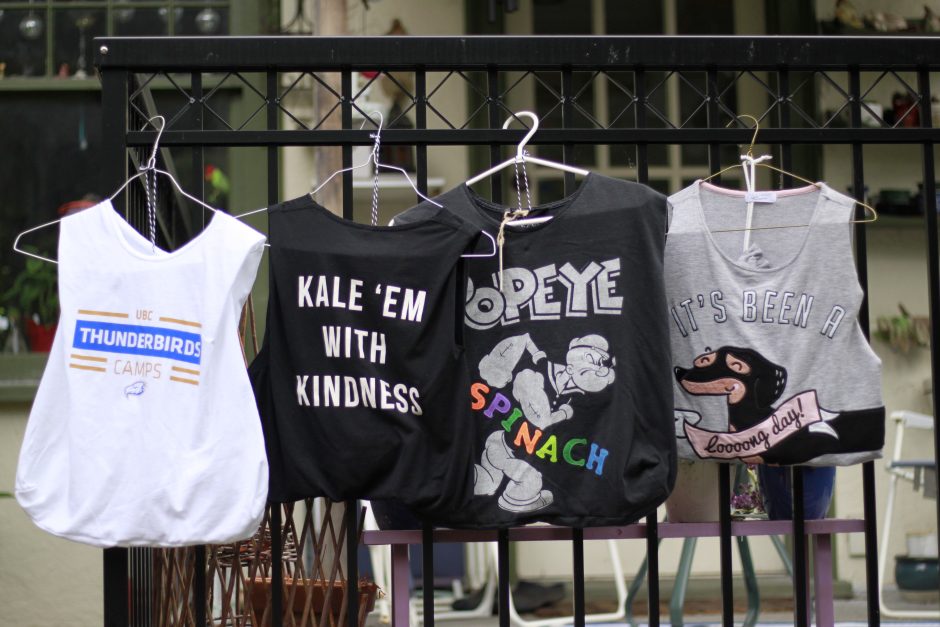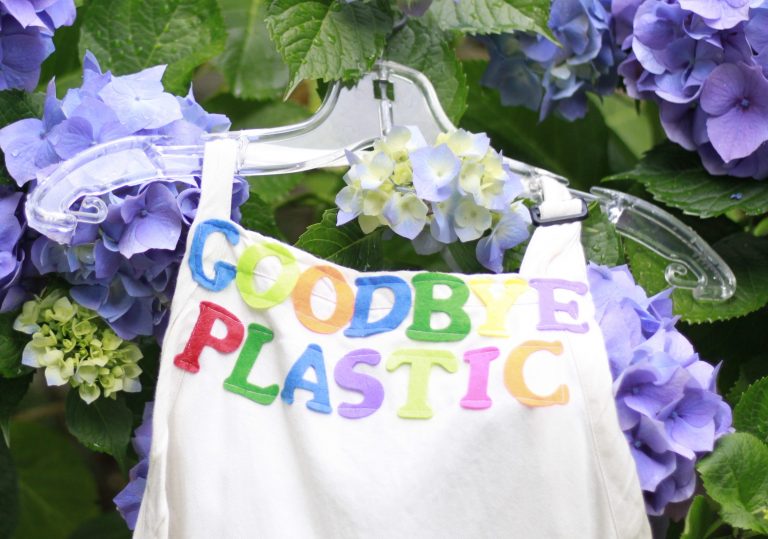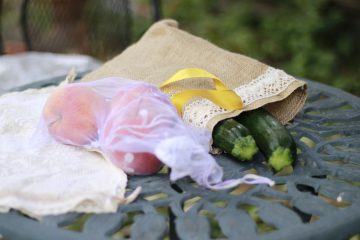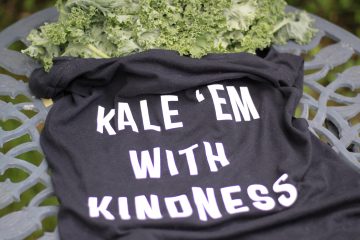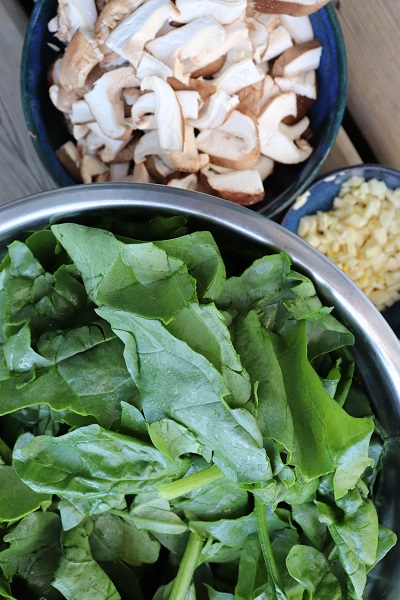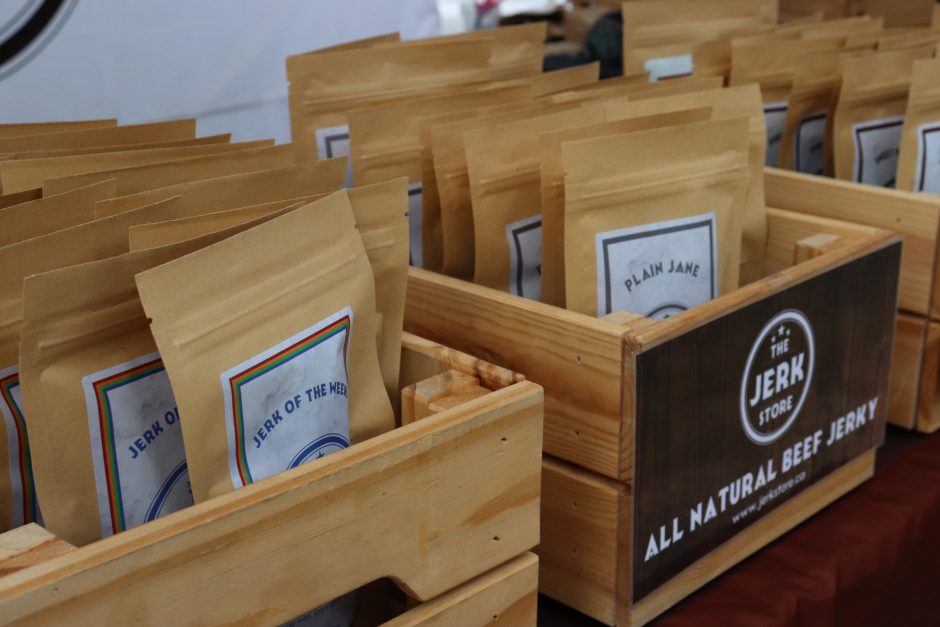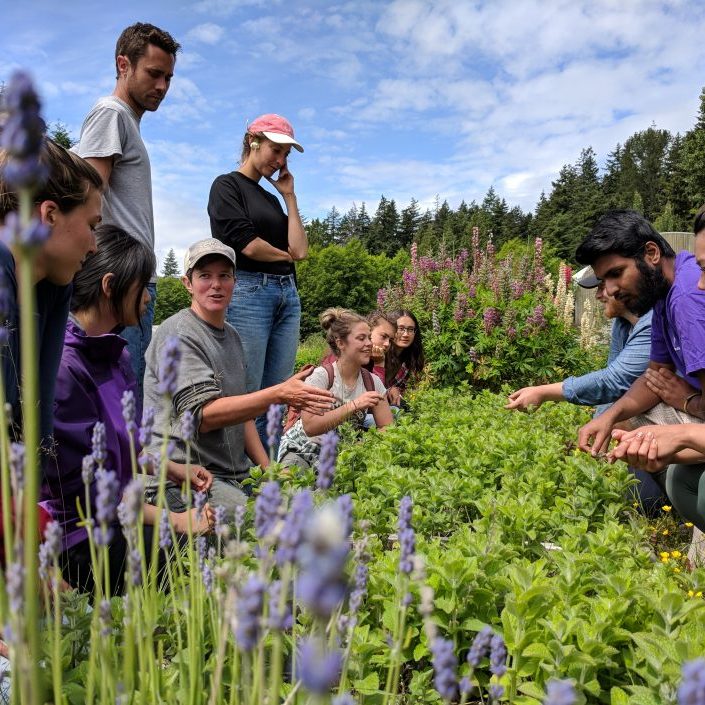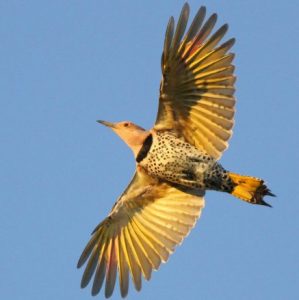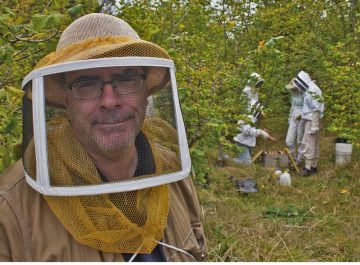Saturday Farmers’ Market Vendor Feature: Mz. Bagz

This week we are featuring Mz. Bagz who sells a variety of, you guessed it, bags! But these aren’t just any bags, they are produce and bulk bags made from upcycled materials! Mz. Bagz’s core product is her t-shirt bags, made with care and secondhand t-shirts. They are durable, washable and great for so many uses (gym bags, trips to the beach, shopping, etc.). See below for images of her products, and stop by Saturday to say hi to Caede, it’s her birthday! We had the chance to ask Caede some questions about her business, and here is what we learned:
How did you come up with the idea to make t-shirts into bags?
I have a very creative niece in Victoria and two years ago she made a bag out of an old t-shirt. While I was working at a thrift store and a cut up t-shirt came in and I noticed how it looked like the start of a t-shirt bag, so I figured that it must have been how my niece had made it. So I made one for myself and started using it. It was made from a Guess shirt, and it had a metallic look- so it was funky and reflective. I was using it at Stong’s Market one day someone commented “that’s a pretty expensive shopping bag,” and I thought that was pretty funny.
Can you tell me a bit about the sustainable aspects of your product?
All bags are made from secondhand shirts- so there is a component of upcycling and reusing which makes this product quite sustainable. Essentially, these bags can be made of a t-shirt on its last legs, however, I opt to use t-shirts that are still in good standing. I also do my best to use as much of the fabric as possible and make extra little bags to go along with each t-shirt bag.
Where do you find the t-shirts?
Some are given to me, and I also shop at thrift stores and while there I look for them! I search for messages that are around food and farming or social issues. I have some Thunderbird shirts, images people may gravitate toward, strong messages such as “be the change you want to see, stop bullying” and those sorts of things are my focus.
What would you like customers to know about your product?
It’s well-made with a lot of care! The great thing about using t-shirts is that they are highly washable, making them very multi-use. If you store food in the fridge using it, you can just pop it in your washer machine at the end of the week. The following week you may want to take it with you to the beach, or use it as a gym bag. They are super flexible and it is a unique handmade product!
How did you decide to sell at our market?
I used to participate in an Organic Farmers’ market 2012-2015, and then it shut down. So I was missing being at a market and wanted to try to get to one again. In 2015 the Vancouver Farmers Markets were all strictly food, and there were no crafts or anything of the like. Around that time I moved to Point Grey, and was shopping at the UBC market so I applied and now here I am.
How did you select the name Mz. Bagz?
I have a friend that often calls me Mz. Caede and because my products consist of both produce and bulk bags I wanted to incorporate an element of this into the name. I wanted something a little different, so that is why I used a “z” instead of an “s.” I thought this name communicated that I am a woman, and a bit of a feminist, who is selling bags, which seemed perfect for me.
Mz. Bagz will be at our market four more this season: Aug 17, Sep 14, Sep 28, Oct 26.

